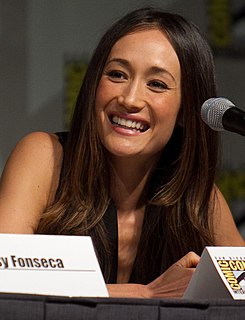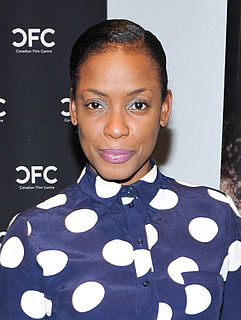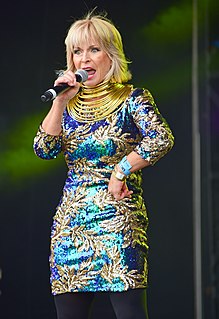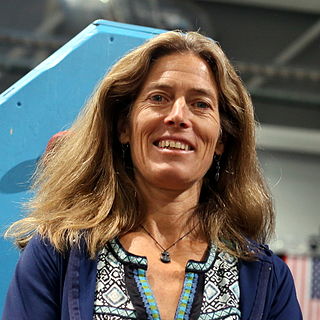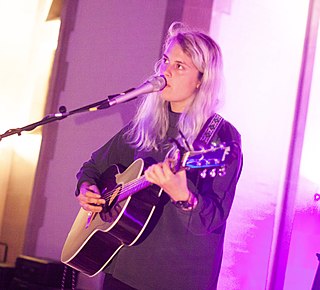A Quote by David Gilmour
I think myself that, rather like books, music is meant to enter into the brain, well via your ears rather than your eyes but, it's - I think a lot more should be left to the imagination.
Related Quotes
'In empathic listening you listen with your ears, but you also, and more importantly, listen with you eyes and with your heart. You listen for feeling, for meaning. You listen for behaviour. You use your right brain as well as your left. You sense, you intuit, you feel.' ... 'You have to open yourself up to be influenced'.
To have that concentration to act well is like lugging things up staircases in your brain. I think that’s a thing people don’t understand. It is that exhausting. If you’re doing it well, if you’re concentrating the way you need to, if your will and your concentration and emotional and imagination and emotional life are all in tune, concentrated and working together in that role, that is just like lugging weights upstairs with your head... And I don’t think that should get any easier.
But I'd rather help than watch. I'd rather have a heart than a mind. I'd rather expose too much than too little. I'd rather say hello to strangers than be afraid of them. I would rather know all this about myself than have more money than I need. I'd rather have something to love than a way to impress you.
When your eyes are functioning well you don't see your eyes. If your eyes are imperfect you see spots in front of them. That means there are some lesions in the retina or wherever, and because your eyes aren't working properly, you feel them. In the same way, you don't hear your ears. If you have a ringing in your ears it means there's something wrong with your ears. Therefore, if you do feel yourself, there must be something wrong with you. Whatever you have, the sensation of I is like spots in front of your eyes - it means something's wrong with your functioning.
Long practise in driving a racing car at a hundred miles an hour or so gives first-class training in control and judging distances at high speed and helps tremendously in getting motor sense, which is rather the feel of your engine than the sound of it, a thing you get through your bones and nerves rather than simply your ears.
There's a particular sensitivity required to be an artist, and a certain vulnerability, perhaps, and also, somewhere between, you're in your body a lot, too. It's much more physical than one would imagine because I think it's the body where the imagination lives somehow. I do feel the imagination isn't just in the brain up there.
The music I'm playing now is the music I always imagined myself playing when I was a kid. It's been nice to use my instrument a bit more - play the guitar in a more fun way with riffs and stuff like that - rather than just propping up a whole song with a guitar and my vocals. There's so much more energy in the crowd as well; they've been bouncing around and having fun, and it's nice to feel like you're a part of something in a room rather than just performing for a crowd.





